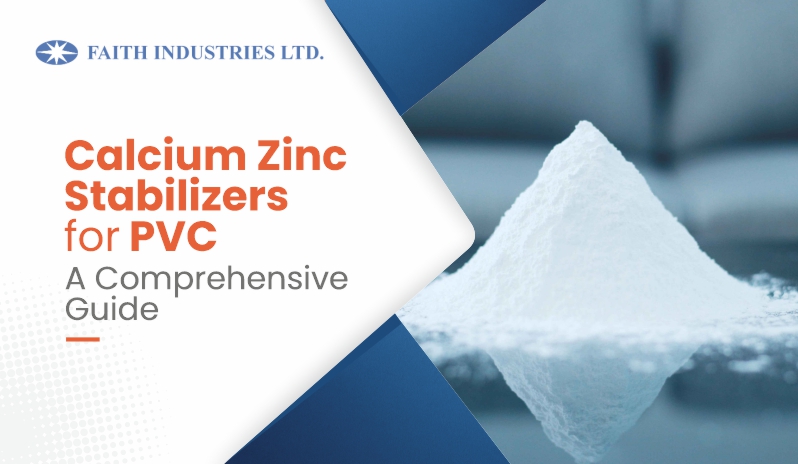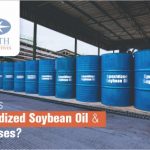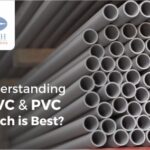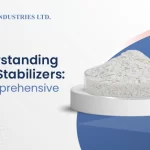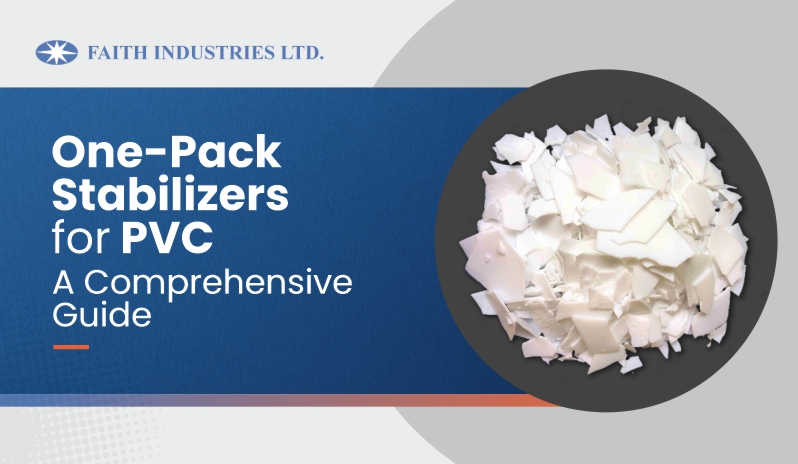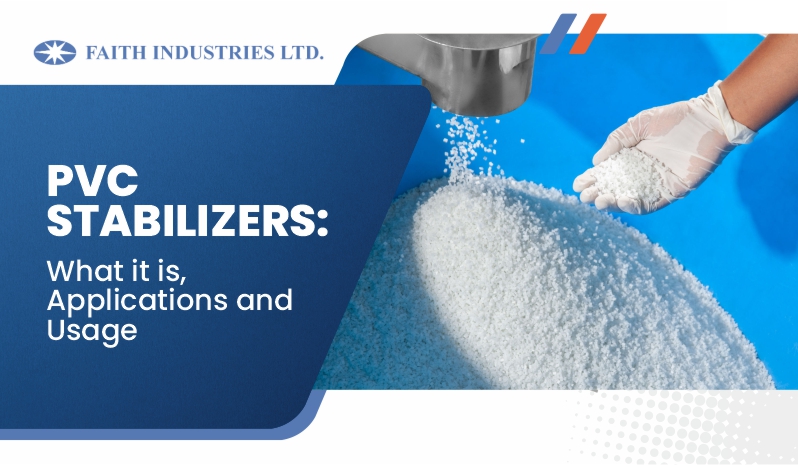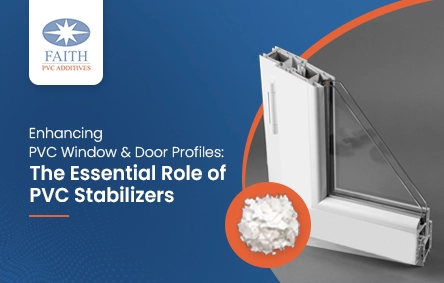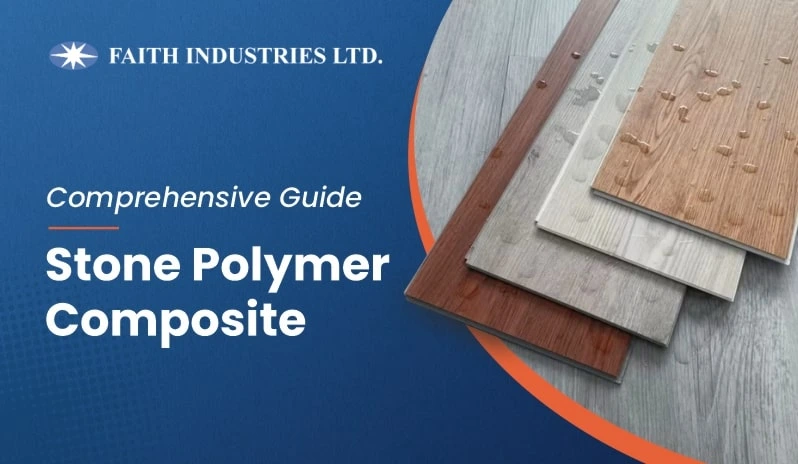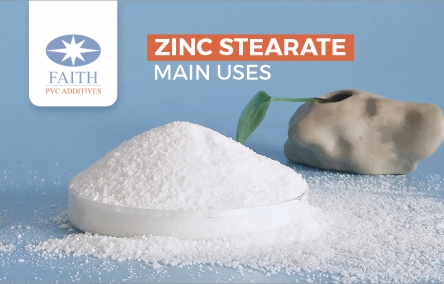PVC (Polyvinyl Chloride) is a versatile and widely used polymer in various industries due to its exceptional properties. However, PVC is inherently unstable and susceptible to degradation under heat, UV exposure, and other environmental factors.
To overcome this challenge, stabilizers are added to PVC formulations. In this comprehensive guide, we will delve into the benefits of calcium zinc stabilizers for PVC, exploring their product grades, applications, and key features.
Understanding Calcium Zinc Stabilizers:
Calcium zinc stabilizers are a type of stabilizer commonly used in PVC formulations. They are composed of a blend of calcium, zinc, and organic acids. Unlike traditional stabilizers like lead-based or tin-based stabilizers, calcium zinc stabilizers offer improved safety and environmental advantages. They are free from heavy metals and hazardous substances, making them a sustainable choice for PVC production.
Product Grades of Calcium Zinc Stabilizers:
Various product grades of calcium zinc stabilizers for PVC are available, each with specific performance characteristics for different PVC formulations.
- General-Purpose Grades: Balanced combination of heat stability, weatherability, and processing performance.
- High-Heat Stability Grades: Excellent heat stability during PVC processing at elevated temperatures.
- Weatherability Grades: Enhance the resistance of PVC products to outdoor weathering, UV radiation, and environmental factors.
- Transparent Grades: Maintain the clarity and transparency of PVC while providing necessary stabilization.
- Low-Volatile Organic Compound (VOC) Grades: Minimizing the emission of volatile organic compounds during PVC processing or in the final product.
- Food-Contact Grades: Complies with regulatory requirements for PVC products intended for food-contact applications.
Factors such as heat stability, weatherability, and mechanical properties influence the selection process. It is important to consider the specific requirements of the PVC application and consult with experts to determine the optimal grade.
Applications of PVC with Calcium Zinc Stabilizers:
The applications of PVC with calcium zinc stabilizers are widespread across several industries.
Construction industry: PVC pipes and fittings, as well as window profiles and frames, benefit from the heat stability and long-term durability provided by calcium zinc stabilizers.
Electrical industry: PVC cable insulation and electrical connectors rely on the improved weatherability and resistance to degradation offered by these stabilizers.
Automotive industry: Utilizes PVC with calcium zinc stabilizers in interior trims, panels, seals, and gaskets, enhancing their mechanical properties and longevity.
Furthermore, calcium zinc stabilizers find applications in other industries and niche applications, showcasing their versatility and wide-ranging benefits.
Key Features and Advantages of Calcium Zinc Stabilizers:
The key features and advantages of calcium zinc stabilizers for PVC formulations are numerous.
- Heat Stability: Minimizes thermal degradation during PVC processing, ensuring consistent product quality.
- Weatherability and UV Resistance: Protects PVC products from discoloration and degradation under harsh environmental conditions.
- Enhanced Mechanical Properties: Improves impact resistance and tensile strength for enhanced durability.
- Compatibility: Compatible with other additives and raw materials, allowing for versatile formulations.
- Safety, Health, and Environmental Benefits: Free from hazardous substances, contributing to worker safety and environmental sustainability.
Considerations and Best Practices:
To maximize the benefits of calcium zinc stabilizers for PVC formulations, it is important to follow certain considerations and best practices.
- Optimal Dosage and Usage: Follow dosage guidelines for optimal performance without compromising PVC properties.
- Compatibility: Consider compatibility with other additives and processing conditions.
- Regulatory Compliance: Adhere to regulatory requirements and obtain necessary certifications.
Conclusion:
Calcium zinc stabilizers offer a multitude of benefits for PVC formulations, making them a preferred choice in various industries. With their improved heat stability, weatherability, mechanical properties, and compatibility, PVC products formulated with calcium zinc stabilizers exhibit enhanced performance and longevity. As the demand for sustainable and high-quality PVC continues to grow, the utilization of calcium zinc stabilizers proves to be a valuable solution. Embrace the advantages they offer and unlock the full potential of PVC in your applications. In case you still have any queries regarding Calcium Zinc Stabilizer for PVC, feel free to contact us.

